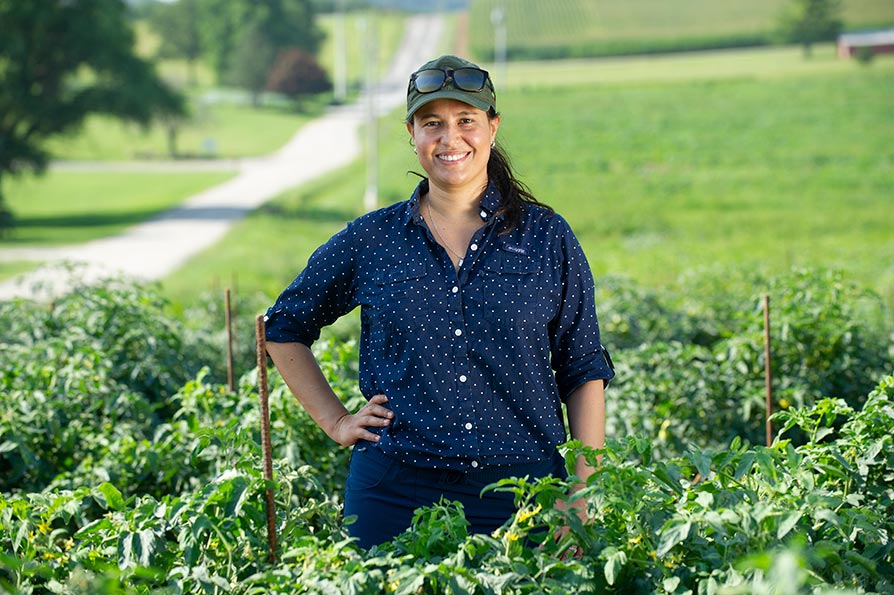Thank You for Speaking Up [Opinion]
AS THE COVID-19 pandemic unfolded, news stories followed restaurants closing. As it bit more deeply, reports of Depression–era unemployment began airing on our nightly news. Then came the miles long lines at food pantries, where food would run out long before the lines did.
It was in the midst of all this that the first stories of growers discing their crops came in, of dairy farms dumping milk.
In dismay, I saw the national news show a pile of zucchini left to rot, a closeup of lettuce being disced back into a field. The gotcha stories were starting.
We’ve seen the results of these types of reports before. A few years ago, I wrote an article about the impacts overzealous water restrictions had on garden centers. Colorado experienced a year-long drought that led to water restrictions. Cue the local news crews showing up at garden centers to show them, gasp, watering their inventory.
Keeping plants alive was allowed under water restrictions. But these gotcha stories stirred up enough outrage that soon the Aurora, CO, city council banned its citizens from planting in their yards. It was devastating to the local green industry.
I was afraid the same thing was about to happen to our industry.
Then growers like Tony DiMare, Shay Myers, Paul Allen, and many others stepped up.
Thank You for Saying What Needs to Be Said
These growers had a disaster on their hands. They grow for the food service industry.
I don’t know about you, but when things get tough for me, I keep a publicly cheerful demeanor. I might moan to my close friends and family. But otherwise, it’s an everything-is-fine tone. That’s doubly true when it comes to business. It’s widely seen as a bad move to let anyone know your company is going through rough times.
But these growers decided to be honest. To the press. And it changed the tone of those gotcha stories.
Suddenly the evening news had stories about how farmers are being forced to destroy their crop because there’s nowhere to send them. That they give millions of pounds of food to local foodbanks, but there’s no distribution for others. That even though they’re being devastated by the pandemic, they’re still growing crops to feed America. And I watched ABC’s evening news anchor ask, “What can we do to help them?”
Because of growers like DiMare, Shay, and Allen, public sentiment switched from an angry mob to a desire to help our industry.
I can’t say this enough: Thank you.
Oh, One More Thing
Here is a sampling of what growers are telling major news outlets:
“There is no way to redistribute the quantities we are talking about,”
“You have to understand, this is a perishable crop. You harvest it on a given day and you have a two–day window. It’s planted every day, it’s harvested every day, and it’s meant to be eaten every day.”
Paul Allen, co-owner of R.C. Hatton, to CNN
“We gave 400,000 pounds of tomatoes to our local food banks. A million more pounds will have to be donated if we can get the food banks to take it.”
Tony DiMare, Vice President of DiMare Company, to Associated Press.










